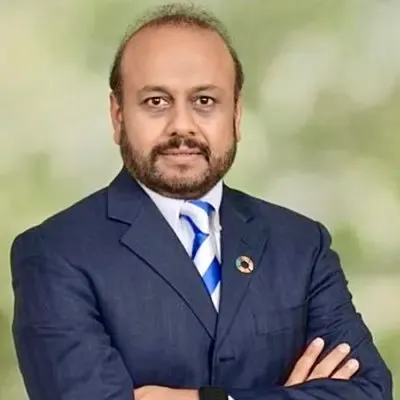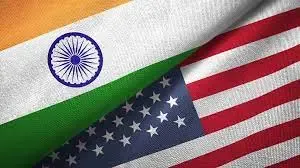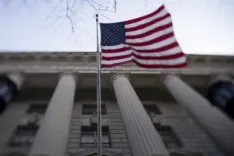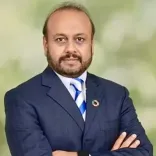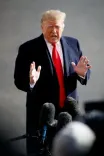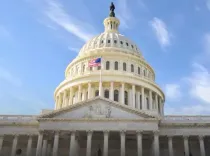Supreme Court Halts Lokpal's Authority Over High Court Judges

Synopsis
Key Takeaways
- Supreme Court issues interim order staying Lokpal's authority.
- Concerns raised about the independence of the judiciary.
- Complaints against judges were referred to the CJI.
- Solicitor General argues High Court judges are not under Lokpal's jurisdiction.
- Lokpal's earlier ruling on judges' complaints now on hold.
New Delhi, Feb 20 (NationPress) In an interim order issued on Thursday, the Supreme Court has suspended the enforcement of a Lokpal ruling that permitted the anti-corruption agency to address grievances against High Court judges. A panel consisting of Justices B.R. Gavai, Surya Kant, and Abhay S. Oka was deliberating on a suo moto (on its own accord) matter after the Lokpal sent two complaints to the Chief Justice of India (CJI). These complaints detailed allegations that a current additional judge of a high court exerted influence over a colleague and an additional district judge involved in a case against the complainant initiated by a private firm.
“Something very very disturbing,” noted the Justice Gavai-led panel as it issued a notice to the Union government and the Registrar of Lokpal.
The Solicitor General, Tushar Mehta, representing the Centre, contended that High Court judges should not be included under the purview of the Lokpal and Lokayuktas Act, 2013.
In placing a stay on the contentious decision, the apex court remarked that the matter holds significant relevance regarding the independence of the judiciary.
On January 27, the Lokpal declared its capacity to consider complaints against judges of the High Court established by an Act of Parliament.
“By this order, we have resolved a singular issue definitively - regarding whether the Judges of the High Court established by an Act of Parliament fall within the reach of Section 14 of the Act of 2013, affirmatively. Nothing more, nothing less. We have not delved into or evaluated the merits of the allegations at all,” the Lokpal stated.
“We recognize that a complaint submitted to the Lokpal cannot be strictly likened to a criminal case lodged under Section 154 of the CrPC or its equivalent in the Bharatiya Nagarik Suraksha Sanita 2023. Nevertheless, based on the framework of Section 20 of the Act of 2013 (Lokpal and Lokayuktas Act), upon receiving a complaint and before the Lokpal opts to proceed by initiating a preliminary inquiry through its inquiry branch or a designated agency, it must assess if a prima facie case exists,” it continued.
However, the anti-corruption body had referred the subject complaints to the CJI “for his kind consideration” and postponed the review of the complaints for four weeks while awaiting his guidance.
Previously, the Lokpal had ruled that the Supreme Court, although classified as public servants under Section 2(c) of the Prevention of Corruption Act, 1988, do not fall under its jurisdiction because they are not encompassed within the definition of “public servant” as outlined in Section 2(1)(o) in conjunction with Section 14 of the Lokpal and Lokayuktas Act, 2013.


